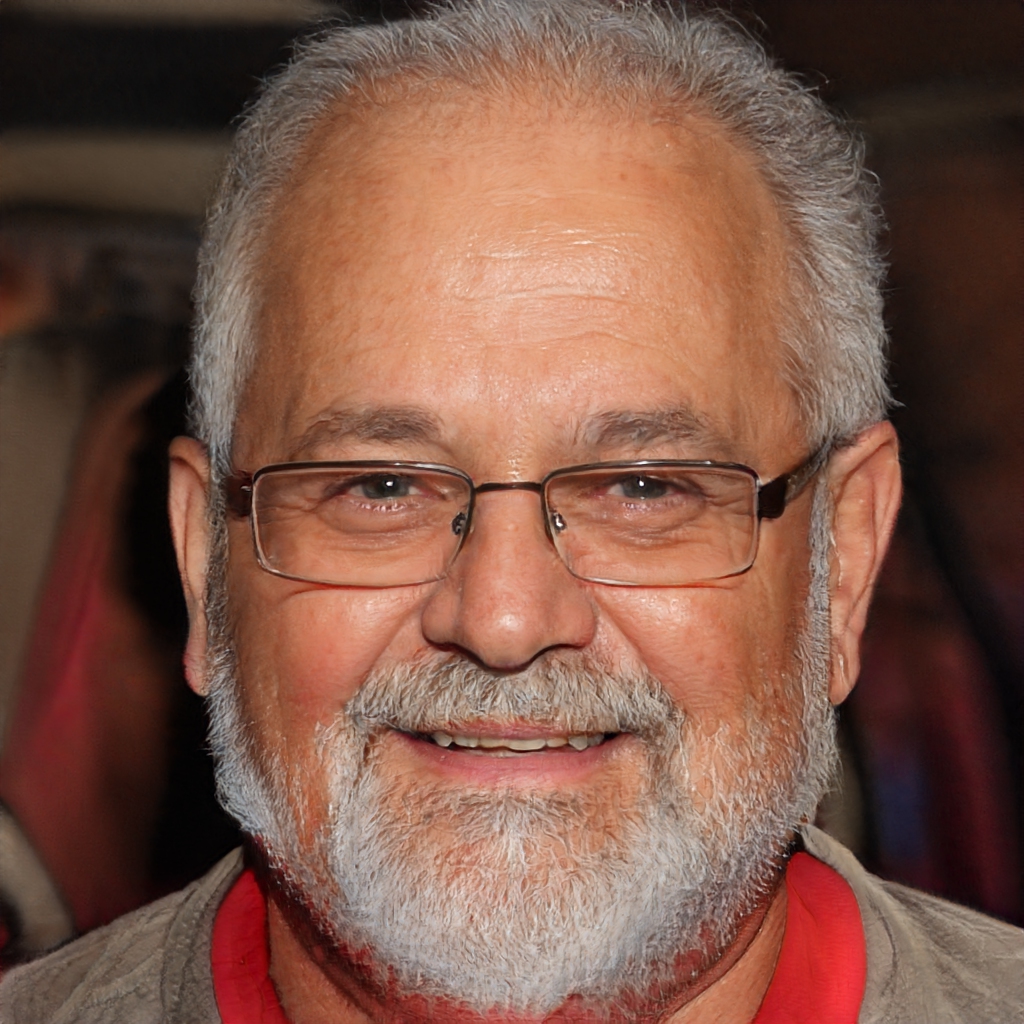Ada Lovelace is often credited as the first programmer, due to her work on Charles Babbage's early mechanical computer, the Analytical Engine. She wrote the world's first machine algorithm for the Engine, which was published in 1843. Ada Lovelace's work on the Analytical Engine was largely theoretical, as the machine was never completed in her lifetime. However, her work was significant in that it showed that the Engine could be used for more than just calculation, and that it had the potential to be programmed to perform complex tasks.
Who did Ada Lovelace meet in 1833?
Ada Lovelace met with Charles Babbage in 1833. Babbage was a mathematician and inventor who is credited with designing the first mechanical computer. Lovelace was impressed with Babbage's work and went on to write the world's first computer program.
What did Ada Lovelace invent?
Ada Lovelace is credited with inventing the first programming language. The language was designed to be used with Charles Babbage's Analytical Engine, a machine that could perform mathematical calculations. Lovelace's language was designed to be more flexible than the languages that were being used at the time, and it included features that would allow for looping and conditional statements.
Who was Ada Lovelace's mentor?
Ada Lovelace's primary mentor was her father, Lord Byron. However, she also received tutoring from Mary Somerville, a noted scientist and philosopher, and William King, the Earl of Lovelace. Ada's husband, William, also encouraged her interests in mathematics and science.
What did Ada Lovelace say on her deathbed?
There is no record of Ada Lovelace's final words, as she died in 1852, before the invention of the phonograph. However, some sources claim that her last words were "I am departing this life as I have lived it - in the hope of befriending and comprehending Nature."
Who is the first mathematician in the world?
There is no definitive answer to this question as it depends on how you define "mathematician". However, most historians agree that the first mathematician was probably a Babylonian priest named Thales of Miletus, who lived in the 6th century BCE. Thales is credited with inventing the field of geometry, and he is also believed to have discovered the principles of linear algebra and calculus.
